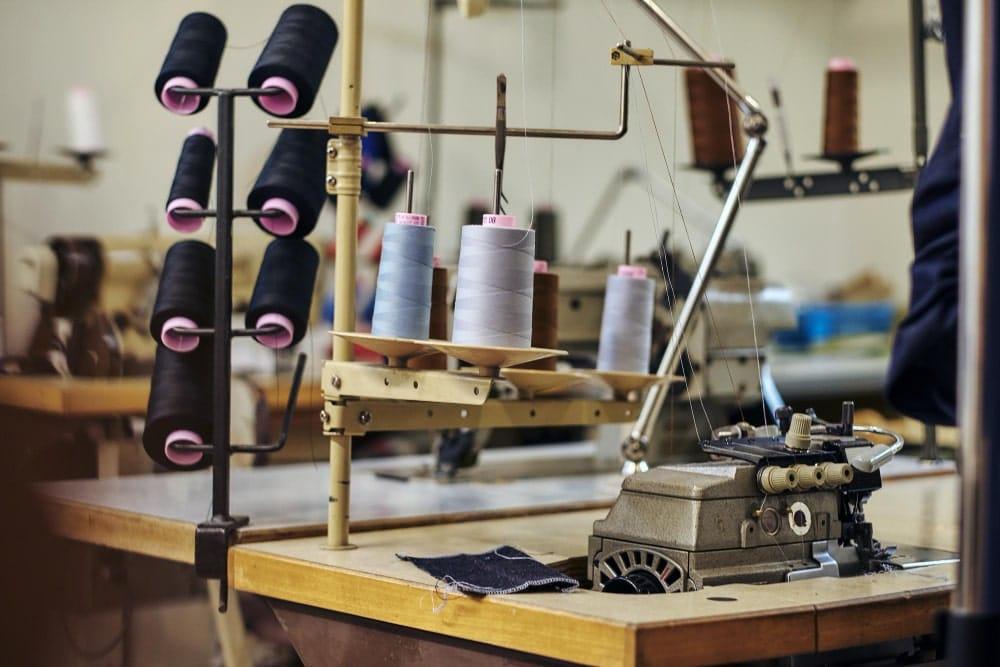
What Are The Challenges in the Textile Industry in India?
In the vibrant landscape of India’s economy, the textile industry stands as a cornerstone, contributing significantly to the nation’s growth and employment. However, like any complex weave, this industry faces its own set of challenges.
As a leading textile manufacturer and exporter in India, Vatsal Exports explores the intricacies of the Indian textile landscape, shedding light on the hurdles that manufacturers, suppliers, and stakeholders must address.
- Fluctuating Raw Material Costs: The volatility of raw material prices, particularly cotton and synthetic fibers, can pose a significant challenge for textile businesses. Rapid price changes impact production costs, affecting profit margins and overall sustainability.
- Compliance with Regulations: Stricter environmental regulations and compliance standards place increased pressure on manufacturers to adopt sustainable practices. While the shift towards eco-friendly operations is necessary, it requires substantial investment and adjustments in production processes.
- Technological Gap: Bridging the technology divide is a persistent challenge. Many small and medium-sized enterprises in the textile sector struggle to adopt advanced machinery and automation due to financial constraints, affecting production efficiency and product quality.
- Skilled Workforce Shortage: The industry’s dependence on skilled labor is well-known, but a shortage of skilled workers poses an ongoing challenge. Attracting and retaining skilled employees who understand intricate weaving techniques, dyeing processes, and modern technology remains a hurdle.
- Global Competition: The influx of imported textiles and clothing products, coupled with fierce competition from other manufacturing hubs, puts pressure on Indian textile companies to innovate and offer unique value propositions.
- Infrastructural Bottlenecks: Inconsistent infrastructure, including transportation and power supply, can disrupt production schedules and hinder growth. Efficient logistics and reliable power are essential for seamless operations.
- Market Trends and Fashion Cycles: Staying attuned to rapidly changing fashion trends and consumer preferences is a balancing act for textile businesses. Anticipating and responding to these shifts requires agility and predictive insights.
- Credit Access and Financing: Securing affordable and timely financing for modernization, expansion, and green initiatives can be challenging for textile businesses, particularly smaller ones.
- Supply Chain Complexities: Managing a complex supply chain, which involves procuring raw materials, production, distribution, and retail, can be daunting. Streamlining processes and ensuring seamless coordination among various stakeholders is essential.
- Sustainability Transition: The industry’s shift towards sustainable practices demands investments in energy-efficient technologies, waste reduction measures, and sustainable sourcing of materials. Balancing economic viability with ecological responsibility remains a challenge.
Conclusion
The Indian textile industry’s path forward is riddled with challenges that demand strategic thinking, innovation, and collaboration. As a dynamic player in this landscape, Vatsal Exports recognizes these challenges and continues to address them with a commitment to sustainable practices, technological advancement, and a resilient approach.
By acknowledging these hurdles and working collectively to overcome them, the Indian textile sector can weave a future that’s not only rich in fabric but also in economic prosperity and social well-being.
Explore Vatsal Exports’ journey in overcoming challenges and contributing to the growth of the Indian textile industry. Discover our range of high-quality textile products and our commitment to sustainable practices.
